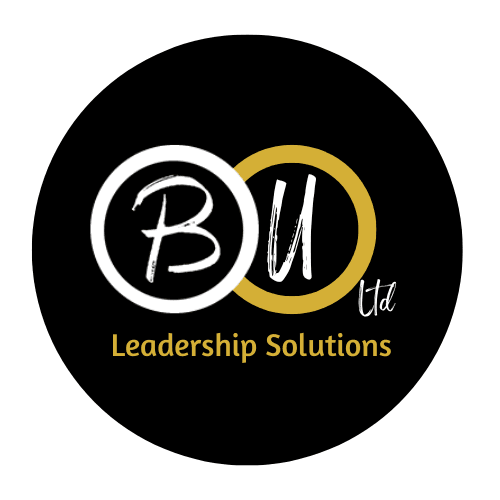Hello and welcome to the 3rd installment of ‘Improving Your Leadership Health For Success’.
Last week I talked about emotional competence. Today I’ll talk about the 3rd point:
Define and Focus on your responsibilities.
Do you know what your responsibilities are in your life and in your social system?
Can you clearly define and list them?
Are you focusing on them?
Those 3 questions can provide great insight for many leaders. Most especially those who are currently experiencing burnout, exhaustion, frustration, or stress. The answers can act as a lifeline for such leaders.
Asking leaders if they really know their responsibilities might seem odd because every leader should know what their responsibilities are, right?
Wrong!
Not all leaders are very clear on what their responsibilities are and so they end up doing anything that’s shoved to them, suggested to them, sounds leadership-y, or makes them look good.
I can almost hear someone asking; “isn’t ‘doing what needs to be done’ and keeping things on track part of the leadership package? Even if it means picking up the slack from time to time?
Well, yes and no.
Yes, because keeping things on track is a leadership duty.
No, because picking up the slack is not your responsibility. If you have to pick up the slack from time to time, it means someone isn’t doing what they are meant to do and you have to step in to make up for it.
Is that wrong in itself? Not outrightly but encouraging this kind of behavior (i.e., picking up the slack) can end up doing more harm than good, both to you and to the one who’s slacking on the ‘job’.
In case you’re thinking; “what if I don’t mind picking up the slack every once in a while, after all, I can do it.
Here’s my answer to that: Just because you can do something, does not mean it’s your responsibility. Not every burden is yours to carry.
I know the demands of your role can sometimes place you in situations where you might want to pick up someone’s slack to ensure things forge ahead. But like I said, not every burden is yours to carry. Your intention might be good but if you continue to take on other people’s responsibilities, you’ll end up creating an emotional prison for yourself. One you’ll be sentencing yourself to–on a regular basis.
I know you wear many hats. But, don’t be so quick to always jump in to save the day. You can’t always be the one who:
- People come to, for virtually everything
- Picks up the slack when others fail to step up to their responsibilities
- Scurries around to meet the expectations of others
Your ability to do things does not translate into responsibility. In other words, the fact that you can do something does not mean it is your responsibility to do it.
Assuming responsibility for other people’s conduct, tasks, or shortcomings (family, friends, team members, or employees) is called false responsibility. It is an unhealthy behaviour because it enables irresponsibility in the lives of the ‘perpetrators’. Plus, it will leave you frustrated and drained (emotionally, mentally, and physically).
By all means, provide proper support as and when needed; your role requires it. But, don’t frustrate or tire out yourself by adding on every other person’s responsibility to your own. You’ll be putting your leadership health at risk by doing that.
As you can see from what I’ve said so far, false responsibility is an unhealthy behaviour and it affects leaders negatively. So why then do leaders engage in it?
Listed below are some of the reasons:
- Vague knowledge of their own responsibilities
- Fear of rejection
- Wanting to be liked and/or accepted
- Fear of being alienated
- Subtle control; wanting to be in charge of everything or wanting everything to be done their way
- A need to be seen and accepted as good
- Not knowing how or when to say no
- Fear of tension in relationships
- A subtle inner satisfaction of being the go-to person for things
You’ve probably found yourself engaging in false responsibility at one time or another in your personal or professional life, we all have (especially where our loved ones are concerned). Thankfully, you don’t have to continue in that unhealthy cycle, you can break free by taking certain steps. Steps that will ensure you do not sentence yourself to emotional frustration or mental exhaustion. Steps that will protect your sanity and keep you continuously productive.
They are:
- Know what your responsibilities are and clearly define them
- Focus on your clearly defined responsibility
- Listen to feedback from those close to you about you taking on excess work or assuming the responsibility of others
- Acknowledge when false responsibility rears its head and identify it; call it what it is so you can deal with it
- Learn to say no to some requests
- Establish boundaries on your time
- Let go of imposed burdens (self-imposed or others-imposed)
- Redirect responsibilities back to the rightful owner(s)
Remember, your ability to do something is not an indication to take ownership of the responsibilities of others. There may be times when you might need to step in to help or support. However, do not encourage unhealthy behaviour in yourself or from others that will negatively affect your leadership health in any way, shape, or form.
Until next time,
Keep Leading Right and Living Light
Coach Bel




